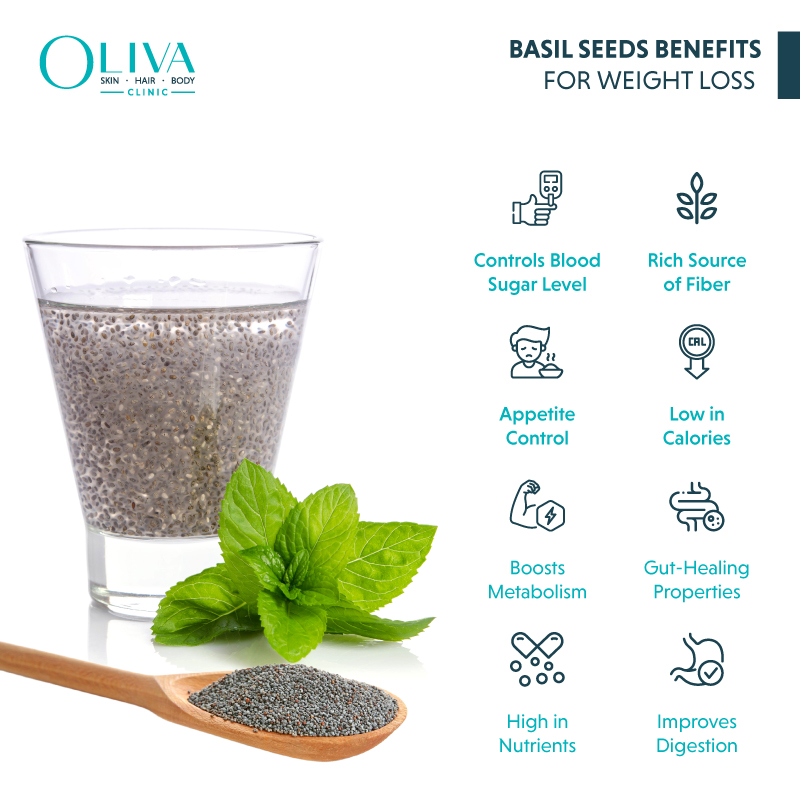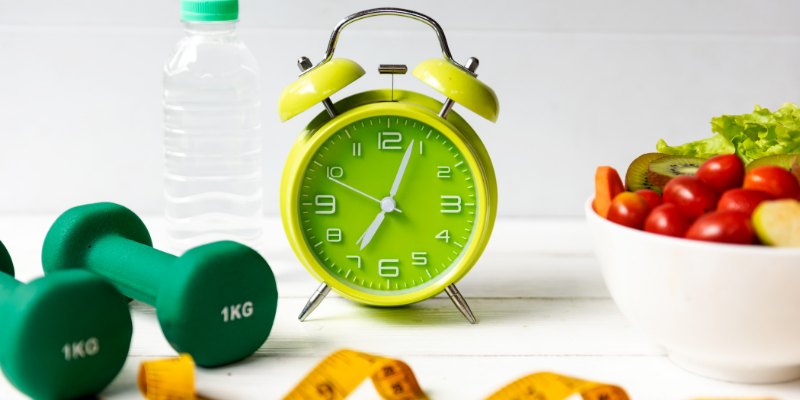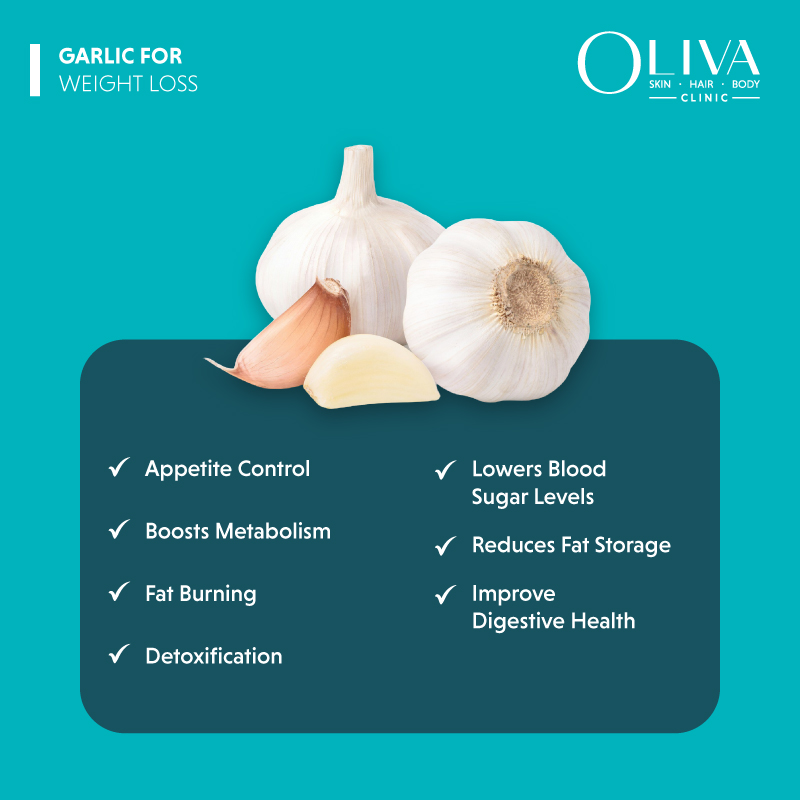How To Calculate Your Calorie Burn While Exercising?
Burning calories is the key to your weight loss journey. Research shows that losing about 5-10 per cent of your weight leads to improved health. It is essential to control your calorie intake by taking a healthy diet and knowing how many calories you burn while exercising to attain the best weight loss results and prevent obesity. Read on to know more!
Before learning how to calculate your calorie burn while exercising, let’s understand more about calories.
What Is A Calorie?
A calorie is a unit that measures the heat required to raise the temperature of 1 gram of water by 1 degree celsius. Calories are present in the food we consume daily. They provide heat energy to our body for regular functioning.
To lose weight, you will have to reduce calorie intake (energy IN). Also, you will have to fo-cus on performing exercises and other physical activities to burn them (energy OUT).
As a general rule, to lose 1-1 ½ pounds of weight every week, you should reduce your daily intake by about 500 to 750 calories. However, following a low-calorie diet with an intake of 800 calories or less every day can affect your health adversely. You must not follow it unless prescribed by a doctor or qualified nutritionist.
While some people count the number of calories they consume with their diet, some prefer keeping a count of calories they burn while working out to reach their fitness goals.
Why Is It Important To Calculate Your Calorie Burn?
When you’re trying to lose weight, burning calories can accelerate your fitness journey. It also helps prevent obesity and lower the risk of cancer and diabetes. Exercises and other physical activities help burn calories besides regular body functioning. However, you should know the number of calories a specific exercise burns to plan your weight loss regimen.
Before you learn the formula to calculate how many calories your burn, you need to check out the factors that affect it.
Must Read: Is Running Good To Lose Weight And Burn Fat?
What Are The Factors That Determine Your Calorie Burn?
Some factors that determine how quickly you can burn calories include the following:
-
Your Body Weight:
Overweight people tend to burn more calories comparatively.
-
Your Body Composition:
As muscles require more energy to function, people with more muscle mass can burn calories faster.
-
The Intensity Of Your Workout:
If you perform high-intensity exercise, you can burn more calories.
What Is Metabolic Equivalent?
Metabolic equivalent or MET is your working metabolic rate ratio to your relative metabolic rate. The rate of energy spent per unit of time or metabolic rate defines your workout’s in-tensity.
The energy you spend by just sitting or staying idle is equivalent to 1 MET. It is also known as basal or resting metabolic rate (BMR). Hence, if you perform physical activity with a MET value of 5, you have spent five times the energy you might have spent resting.
Must Read: What Is The Best Time To Exercise?
How Is MET Calculated?
To calculate MET, you must know how your body uses energy.
The muscle cells use oxygen to produce energy for movement and functioning.
1 MET = 3.5 mL oxygen consumed per kg of body weight per minute (approx.)
Now, if you weigh 65 kg, you will end up consuming 227.5 mL of oxygen per minute while sitting (65 kg x 3.5 mL).
Knowing your MET value can help you plan your workout efficiently. The Compendium of Physical Activities provides MET values for a wide range of activities, making it easier to calculate the calories burned during those activities.
How To Calculate Calorie Burn While Exercising?
Once you know each physical activity’s MET, figuring out the formula for calorie burn dur-ing an exercise is a no-brainer. For calculating the number of calories you burn while exer-cising, here is a simple formula you can apply:
Calories burned per hour = MET x weight in kg
Now, if you want to know the total calories burned in half an hour, you will have to divide this value by two, and for 15 minutes, you will have to divide it by four.
Let’s consider an example for better understanding:
If you weigh around 150 pounds (68 kg approx.) and plan to swim, the formula to calculate the calories burned in an hour is:
MET value for swimming as per The Compendium of Physical Activities is 5.8
Calories burned per hour = 5.8 x 68 = 394.4 calories per hour
Furthermore, here is a table that shows how many calories you can burn while doing these activities:
| Physical activity | MET value | Calories burned per hour |
| Walking at a moderate pace (2.8-3 mph) | 3.5 | 238 calories per hour |
| Hatha Yoga | 2.5 | 170 calories per hour |
| Power Yoga | 4 | 272 calories per hour |
| Squats | 5 | 340 calories per hour |
| Cycling at a moderate pace | 6.8 | 462 calories per hour |
| Burpees | 8 | 544 calories per hour |
Must Read: Which Exercises Burn Most Calories?
How Do I Calculate My Daily Calorie Burn?
There is a simple formula to figure out how many calories you burn every day. Multiply your Basal Metabolic Rate (BMR) by your average activity levels.
BMR is the number of calories you burn simply by resting, and it depends on your age, weight and height.
Here is how you can calculate your BMR value:
For Men: 66 + (6.2 x weight) + (12.7 x height) – (6.76 x age)
For Women: 655 + (4.35 x weight) + (4.7 x height) – (4.7 x age)
For activity levels, you can refer to the following:
- For a sedentary lifestyle, the activity level is 1.2 points
- For a slightly active lifestyle, it is 1.37 points
- For a moderately active lifestyle, it is 1.55 points
- For an active lifestyle, it is 1.75 points
- For a very active lifestyle, it is 1.9 points
Now, if you are a 30-year-old female, 5-foot tall (60 inches), and 150-pound weight and fol-low a moderately active lifestyle, the formula would be:
Total calories burned in a day = BMR x average activity levels
BMR = 655 + (4.35 x 150) + (4.7 x 60) – (4.7 x 30) = 1,448.5
Hence, Total calories burned in a day = 1448.5 x 1.55 = 2,245. 17
Must Read: What Are The Essentials Of A Safe Workout?
Now you know how to calculate the calories you burn while exercising. Remember not to let these numbers stick in your head; instead, focus on your weight loss goals and follow a healthy lifestyle.
Our certified subject matter experts do extensive research and collate facts from reputed scientific journals and international studies to create informative and engaging articles related to all your dermatology concerns. They strive to help you decipher medical jargon, distinguish fact from fiction and overcome paranoia. Our qualified medical board or expert panel goes a step further to verify these facts based on their rich academic knowledge, vast clinical experience and critical industry insights to ensure you consume only medically accurate content that empowers you to make informed decisions about your hair and skin-care treatments and weight management. Check out our Editorial policy for further details
https://www.nhlbi.nih.gov/health/educational/lose_wt/behavior.htmhttps://www.nhlbi.nih.gov/health/educational/lose_wt/eat/calories.htm
https://pubmed.ncbi.nlm.nih.gov/15209020/
https://pubmed.ncbi.nlm.nih.gov/10993420/
https://sites.google.com/site/compendiumofphysicalactivities/home
https://sites.google.com/site/compendiumofphysicalactivities/Activity-Categories/water-activities
https://www.ncbi.nlm.nih.gov/books/NBK218769/









